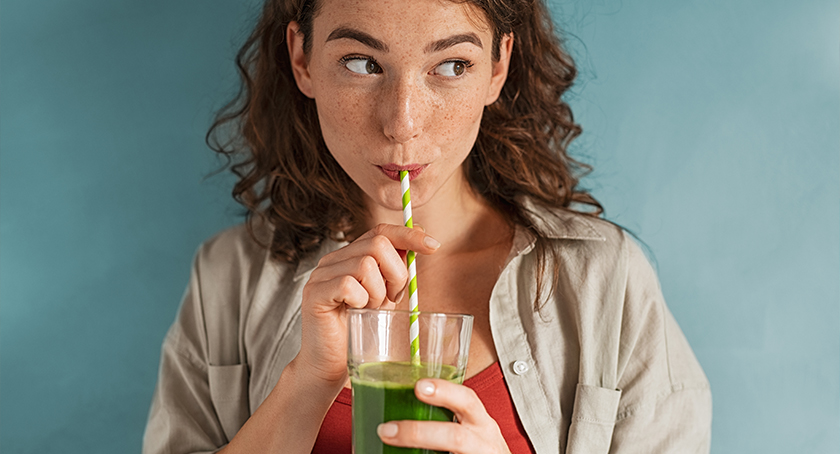Market Updates, Research
Probiotic Combination May Reduce Post-Workout Muscle Recovery Time
Study uses new analytical method to express viability of the probiotics.

By: Sean Moloughney

A new study published in the journal Nutrients has revealed that specific probiotic supplementation reduced the amount of performance degradation, and inflammation following a bout of muscle-damaging exercise.
“Probiotics have been purported to reduce inflammation, but little was known about the potential effects on inflammation and performance in athletes after strenuous exercise,” said Dr. Ralf Jäger of Increnovo LLC, lead researcher.
Dr. Jäger, in conjunction with researchers at Texas Christian University, Ft. Worth, TX, and Biolab Researh S.r.l., Novara, Italy, conducted a double-blind, randomized, placebo-controlled, crossover study involving 16 healthy, resistance-trained men. Each participant ingested a daily encapsulated probiotic containing 5 billion live cells of B. breve BR03 and S thermophilus FP4 each, or placebo prior to the performance (21 days) of a muscle-damaging exercise of the elbow flexors. Performance of the elbow flexors and a marker of inflammation (interleukin-6) were measured prior to, and following, damaging exercise.
“Ingestion of the anti-inflammatory probiotics attenuated performance and range-of-motion decrements following muscle damaging exercise,” said Dr. Jäger. “The probiotics also reduced baseline inflammation and improved the inflammatory response to exercise. These data suggest that the specific probiotics may assist in recovery following exercise.”
Alexis Collins, director of scientific affairs, Pharmachem Laboratories, distributor of the strains, said the study is a boon for the new generation of sports nutrition supplements.
‘We believe there are even more benefits for athletes and fitness enthusiasts still to be revealed from probiotics,” she said. “Specific areas of interest for the sports nutrition market are immune support, protein absorption enhancement, and inflammation management.”
This study is also particularly notable in that it has successfully used a new analytical method to express viability of the probiotics. Dr. Jäger explained, “We have been working with cytometry as an effective analytical method for probiotics, due to its inherent advantages over the classic plate counting method (CFU). We have published this paper as ‘live cells (AFU),’ which will allow customers to substantiate their claims as ‘live cells’ rather than ‘CFU’ on their packaging. We mentioned ‘CFU’ in the methods too, just in case they want to stick to the established unit and analytical method.”
Dr. Jäger added that the research team also used Microbac encapsulation technology, which “improved the survival of strains during gastroduodenal transit, thus enhancing their probiotic value, and allowing the use of five times fewer cells.”
Finally, Dr. Jäger noted that a follow-up study with the same strains is planned, with results expected sometime mid next year.
B. breve BR03 and S. thermophilus FP4 probiotics were developed by Probiotical, Novara, Italy, and are distributed in the U.S. by Pharmachem Laboratories, Inc.


